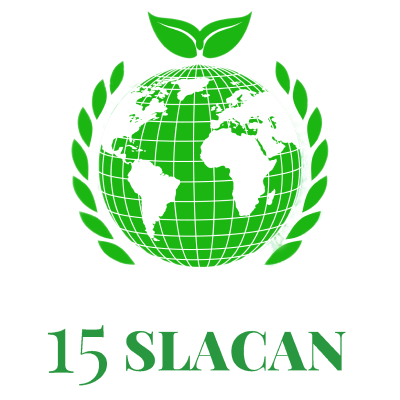Anais do 15° SLACAN - Simpósio Latino Americano de Ciência de Alimentos e Nutrição
CHARACTERIZATION OF POLYMERIC FILMS INCORPORATED WITH NANOEMULSIFIED CINNAMON ESSENTIAL OIL (CINNAMOMUM CASSIA).
Como citar esse trabalho?
Para citar este trabalho use um dos padrões abaixo:
Como citar esse trabalho?
Studies have shown that incorporating essential oils into polymeric hydrogels can enhance the physicochemical and antimicrobial properties of films.Cinnamon essential oil (CEO) is a natural preservative with notable biological activity. The objective of this study was to develop antifungal films based on sodium alginate (SA) and carboxymethylcellulose (CMC) by incorporating cinnamon essential oil nanoemulsions (NeCEO). NeCEO was prepared by mixing CEO (0,75% w/w), water, and polysorbate 80 (0,75% w/w) (Ultra-Turrax 10,000 rpm for 5 minutes) followed by ultrasound treatment (150W/3min). The film was prepared by homogenizing NeCEO (0,25%w/w) with SA (1%w/w), CMC (0,5%w/w), and glycerol, followed by casting and drying (35°C for 24h). NeCEO physicochemical properties (average droplet size, Zeta potential, and polydispersity index (PDI)) were evaluated. Films properties (appearance, thickness, moisture, solubility, micrographs (scanning electron microscopy), and contact antifungal activity against Colletotrichum spp.) were also investigated. A film without NeCEO incorporation was used as a control. The average droplet size, Zeta potential, and PDI of NeCEO were 53.03nm, −34.9 mV, and 0.26, respectively. The film loaded with NeCEO was less transparent than the control, due to the presence of yellow/orange oil color. NeCEO and control films were approximately 0.09 mm thick, suggesting that the addition of NeCEO did not impact the film-forming solution viscosity. The control film displayed higher moisture (16.2%) and solubility (22.2%) compared to NeCEO film (13.8% and 15,5% respectively). These characteristics may be associated with the hydrophobic nature of the oil. The micrographs demonstrated the formation of a uniform structure in the control film and the presence of random droplets in the NeCEO film. NeCEO films were added to Petri dishes containing Colletotrichum and did not show mycelial growth, proving their contact antifungal potential. These findings suggest that NeCEO-loaded films have the potential to extend the shelf life of fresh foods.
- 1 Universidade Federal do Rio de Janeiro
- 2 Universidade Federal do Estado do Rio de Janeiro
- 3 Universidade Federal Rural do Rio de Janeiro / Instituto de Tecnologia / Departamento de Tecnologia de Alimentos
- 4 Universidade Federal Rural do Rio de Janeiro
- 5 Bolsista produtividade CNPq / EMBRAPA / Embrapa Agroindústria de Alimentos
- 6 Embrapa Tecnologia de Alimentos
- 7 Empresa Brasileira de Pesquisa Agropecuária
- Engenharia de Processos e Tecnologias Emergentes (ET)
Discussões Científicas de Qualidade
Com ~200 mil publicações revisadas por pesquisadores do mundo todo, o Galoá impulsiona cientistas na descoberta de pesquisas de ponta por meio de nossa plataforma indexada.
Confira nossos produtos e como podemos ajudá-lo a dar mais alcance para sua pesquisa:
Como citar esse proceedings?
Esse proceedings é identificado por um DOI , para usar em citações ou referências bibliográficas. Atenção: este não é um DOI para o jornal e, como tal, não pode ser usado em Lattes para identificar um trabalho específico.
Verifique o link "Como citar" na página do trabalho, para ver como citar corretamente o artigo

